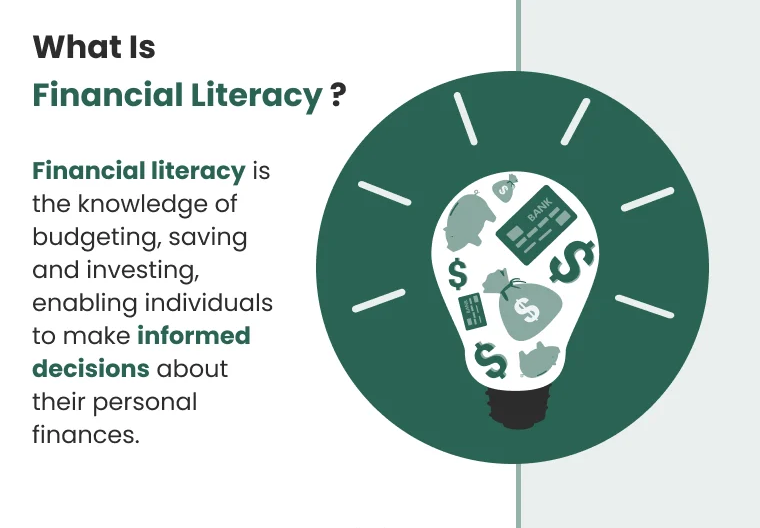Financial Literacy: How to Develop Healthy Money Habits
In today’s fast-paced world, financial literacy is more important than ever. Understanding how to manage money wisely can help you achieve financial security, reduce stress, and build wealth over time. Developing healthy money habits is the foundation of financial success. Here are some practical steps to help you build strong financial habits that will benefit you for life.
1. Create a Budget and Stick to It
Budgeting is a fundamental money habit that allows you to track income and expenses. A well-structured budget ensures you live within your means, avoid unnecessary debt, and allocate money towards savings and investments.
How to get started:
- List your sources of income.
- Categorize your expenses (fixed, variable, discretionary).
- Set spending limits for each category.
- Use budgeting tools or apps to track your progress.
2. Build an Emergency Fund
Life is unpredictable, and having an emergency fund provides a financial cushion for unexpected expenses such as medical emergencies, car repairs, or job loss.
Steps to build your fund:
- Start small by saving a percentage of your income each month.
- Aim for three to six months’ worth of living expenses.
- Keep your emergency savings in a high-yield savings account for easy access.
3. Avoid Unnecessary Debt
Debt can be a major financial burden if not managed properly. While some debt (such as a mortgage or student loan) can be beneficial, high-interest debt (like credit card debt) can quickly spiral out of control.
Tips to manage debt wisely:
- Pay off high-interest debt as soon as possible.
- Avoid borrowing money for non-essential expenses.
- Use credit cards responsibly and pay the full balance each month.
4. Develop a Savings Mindset
Saving money regularly, even in small amounts, builds financial security and prepares you for future financial goals.
Ways to develop a savings habit:
- Automate your savings so a portion of your income goes directly into a savings account.
- Follow the 50/30/20 rule: Allocate 50% of income to necessities, 30% to wants, and 20% to savings and investments.
- Set clear savings goals, whether for retirement, a vacation, or a down payment on a home.
5. Invest for the Future
Investing allows your money to grow over time and helps you build wealth. Understanding the basics of investing can help you make informed decisions about where to put your money.
Investment tips:
- Start early to take advantage of compound interest.
- Diversify your investments to minimize risk.
- Consider low-cost index funds and retirement accounts.
6. Educate Yourself About Finances
Financial literacy is an ongoing journey. The more you learn about managing money, the better financial decisions you can make.
Ways to improve financial knowledge:
- Read personal finance books and blogs.
- Listen to financial podcasts.
- Take online courses on financial planning and investing.
7. Practice Mindful Spending
Being intentional with your money ensures that your spending aligns with your financial goals and values.
How to practice mindful spending:
- Differentiate between needs and wants.
- Avoid impulse purchases by implementing a 24-hour rule before making big purchases.
- Focus on spending money on experiences and items that truly add value to your life.
Final Thoughts
Developing healthy money habits takes time and discipline, but the benefits are worth it. By creating a budget, saving regularly, avoiding unnecessary debt, and investing wisely, you set yourself up for financial stability and success. Start small, stay consistent, and continue learning—your future self will thank you!



